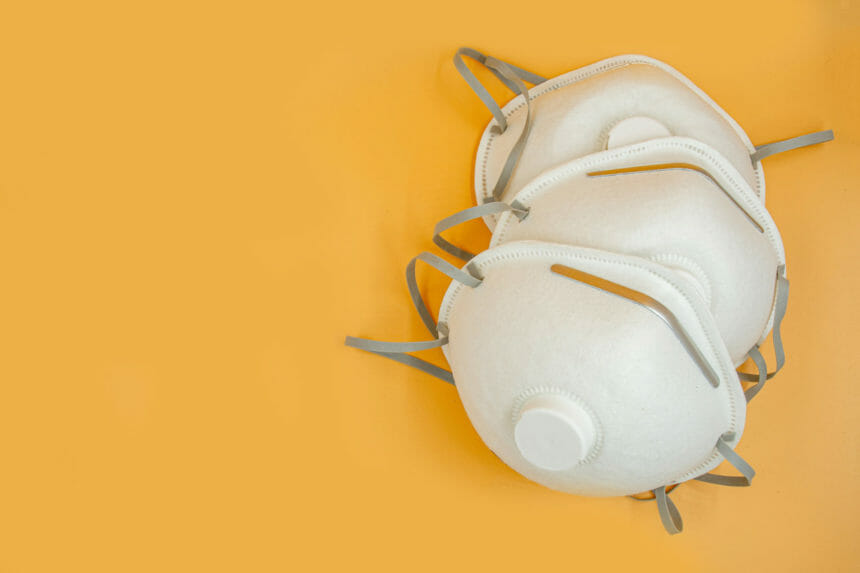
A majority of senior living communities and other “alternate site providers” report a more than 50% increase in personal protective equipment needs since the COVID-19 pandemic began, according to a recent survey.
Charlotte, NC-based Premier Inc.’s poll of 221 non-acute care and services providers found that alternate site providers, including long-term care facilities in assisted living and skilled nursing, have struggled to secure PPE and other critical products due to allocation, which restricts ordering when product demand spikes.
Allocations typically match a customer’s history purchase volume and are designed to prevent hoarding, but the process limits the product amounts healthcare providers can legitimately buy, according to the company. Because alternate site providers do not typically have a PPE purchasing history, they have an even more difficult time securing product on allocation.
The healthcare improvement company’s survey found the majority of respondents report still having trouble securing isolation gowns, N95 masks, disinfecting products, hand sanitizer and surgical masks. Almost three-fourths of respondents (72%) reported increasing their PPE budgets by 50%, with 47% increasing their budgets by 100% or more.
Most (83%) reported not having their PPE needs met by traditional medical-surgical distributors and said they are relying on online retailers and other channels for products.
The survey also looked at how facilities have implemented social distancing protocols. According to the survey, almost 60% reported they have — or are planning to — reconfigure their physical spaces to further encourage social distancing, and 59% reported an increase in the use of telehealth.
The most common social distancing protocols reported were reduced resident capacity or patient appointments, increased telehealth or virtual appointments, furniture reconfiguration or removal, and use of physical barriers or dividers.
“The survey results show that care delivery has changed profoundly since the outbreak of COVID-19,” said John P. Sganga, senior vice president of alternate site programs at Premier. “We are starting to see changes in how spaces are designed, along with an increased need for supplies that protect, clean and sanitize.”
The survey was conducted May 20 to June 10 and included responses from senior living, long-term care, physician/medical office, home infusion providers, pharmacy and surgical centers and other business types. Respondents represent about 2,650 facility locations and 95,000 assisted living community and skilled nursing facility beds, Premier said.
Results were published as “Alternate Site Providers Report Increased PPE Needs but Face Challenges with Traditional Distribution Channels.”
In other coronavirus-related news:
- Residents of senior living communities or their family members in at least eight states have complained to their state attorneys general or long-term care ombudsmen about billing practices related to the pandemic, according to USA Today. Some assisted living and memory care operators are passing along extra charges to residents who have the virus.
- The Pennsylvania Health Care Association offered testimony in a public hearing before the Pennsylvania Senate Aging and Youth Committee citing the ongoing need for collaboration and support from state officials as the state’s assisted living communities, personal care homes and nursing homes continue to respond to the COVID-19 pandemic and take steps to prepare for a potential resurgence in the fall.
- St. Leonard, a faith-based continuing care retirement community in Ohio, has no positive cases among residents after mass testing (615 tests) was undertaken due to several workers testing positive for the virus. Six staff members tested positive and are isolating at home.
- Colorado Gov. Jared Polis has released new guidance for outdoor visitation at long-term care facilities, including assisted living and independent living communities. Outdoor visitation is allowed only if a community has not had recent positive cases of COVID-19, all visits must be scheduled, and visitors must self-screen, undergo temperature checks, wear masks and practice social distancing.
- CentraCare, a Minnesota health system with independent living, assisted living and memory care communities, will begin allowing outdoor visitation following the Minnesota Department of Health guidelines.
- As infection rates of COVID-19 trend downward in New Hampshire, caregivers are asking about easing restrictions for long-term care residents.




